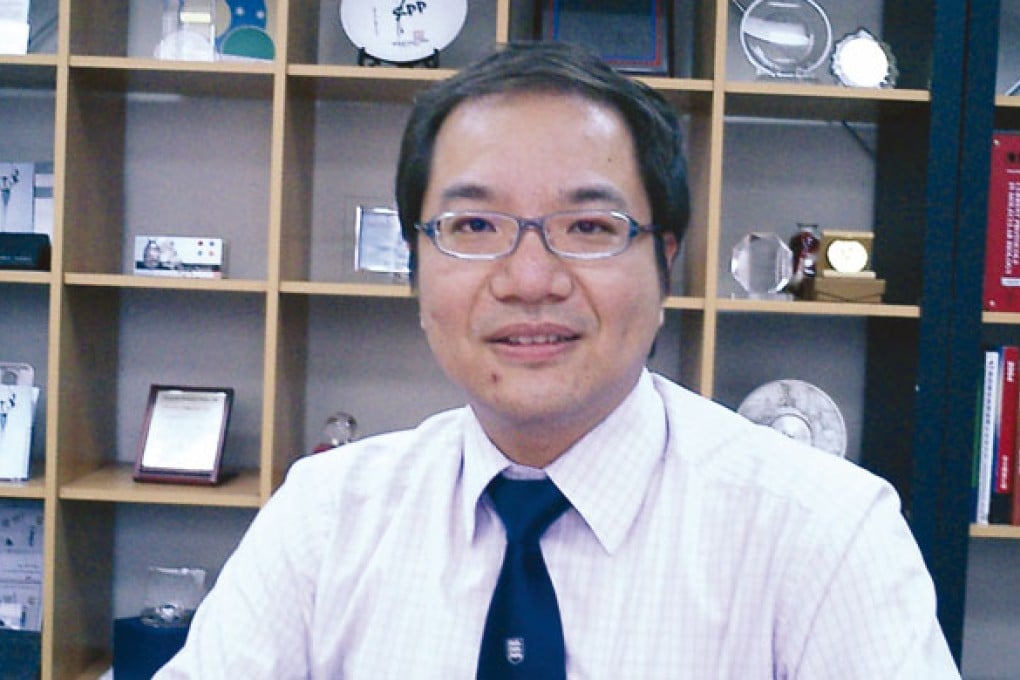The Naked Truth
Dr. Terence Lau is the Chief Operating Officer of Hong Kong DNA Chips Limited, one of Hong Kong’s busiest labs. He reveals just how much incriminating evidence we’re leaving around the place.

HK Magazine: What does your company do?
Terence Lau: We are basically a biotech company. Parental DNA testing is just one aspect. Parental tests are mostly referrals from legal aids, social services and doctors. Two-thirds of our clients are men. We receive about 1,000 cases a year. Fights over family inheritance are another popular reason for DNA testing.
HK: What do you need to conduct a DNA test?
TL: Any item with a person’s body cell will do. There’s no need for a blood sample. We usually collect cells from gently brushing the inside of a client’s cheeks. It’s not difficult to conduct tests on anyone. All our clients need is an object that their specific targets have touched.
HK: What are the strangest items that people have brought you for tests?
TL: We’ve encountered pillowcases, trousers, and plenty of underwear. One woman brought us 15 hairs and asked us to identify the father of her child. She didn't have a clue who he was.
HK: Are people shocked by their DNA reports?
TL: Clients who come to us for the parental tests usually have some sort of expectation about what could happen. But a few find it difficult to face the reality on receiving the reports. You can tell when they’re in denial.
HK: How long does it take to conduct a DNA test?
TL: It takes a day to conduct the initial experiment. For an individual test, including all the paperwork, our clients will receive the test report in three or four working days. The service costs $2,300. For reports that can be used for legal purposes, which include a testimonial of a third party as well as more paperwork, the procedure takes two weeks and it costs about $4,000-$5,000.
HK: How about tests on dead bodies?
TL: As long as body cells can be collected, there are no boundaries on the objects of our tests, which of course includes dead bodies. Even if the body has been buried for years, as long as it has been stored and preserved properly, we can still conduct DNA tests.